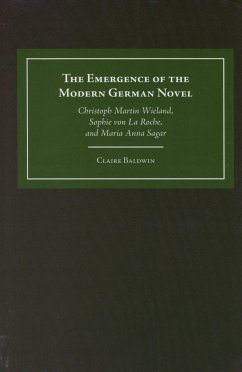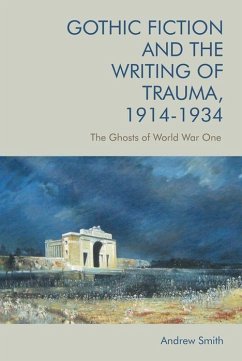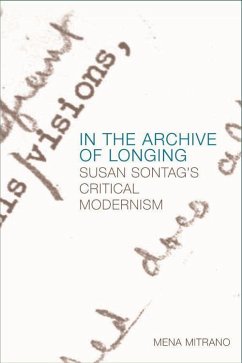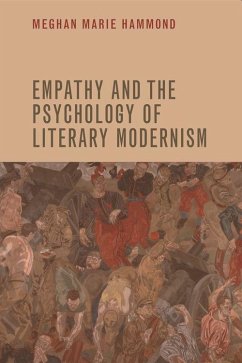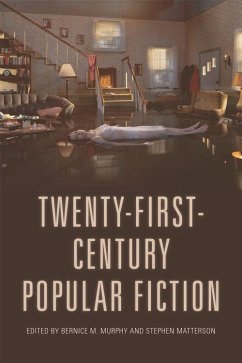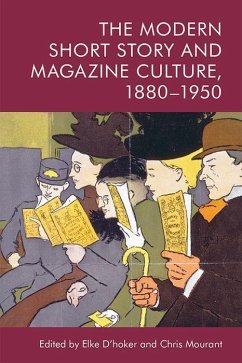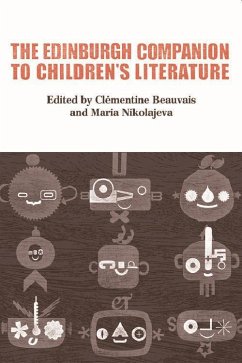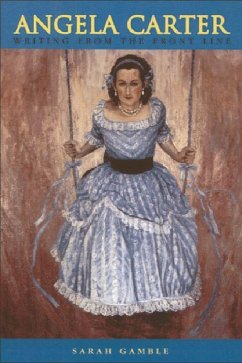Nicht lieferbar
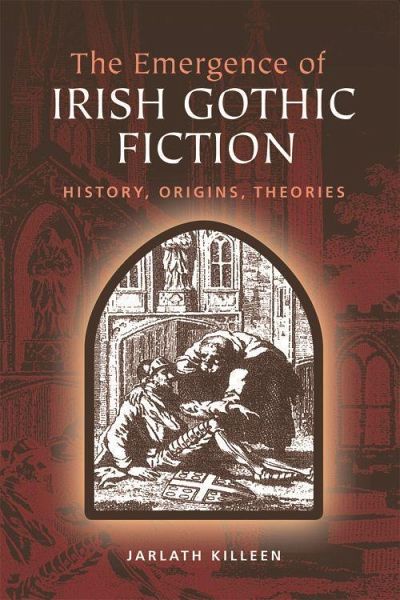
The Emergence of Irish Gothic Fiction
History, Origins, Theories
Versandkostenfrei!
Nicht lieferbar
'If the Gothic emerges in the shadows cast by modernity and its pasts, Ireland proved an unhappy haunting ground for the new genre. In this incisive study, Jarlath Killeen shows how the struggle of the Anglican establishment between competing myths of civility and barbarism in eighteenth-century Ireland defined itself repeatedly in terms of the excesses of Gothic form.' Luke Gibbons, National University of Ireland (Maynooth), author of Gaelic Gothic 'A work of passion and precision which explains why and how Ireland has been not only a background site but also a major imaginative source of Got...
'If the Gothic emerges in the shadows cast by modernity and its pasts, Ireland proved an unhappy haunting ground for the new genre. In this incisive study, Jarlath Killeen shows how the struggle of the Anglican establishment between competing myths of civility and barbarism in eighteenth-century Ireland defined itself repeatedly in terms of the excesses of Gothic form.' Luke Gibbons, National University of Ireland (Maynooth), author of Gaelic Gothic 'A work of passion and precision which explains why and how Ireland has been not only a background site but also a major imaginative source of Gothic writing. Jarlath Killeen moves well beyond narrowly political readings of Irish Gothic by using the form as a way of narrating the history of the Anglican faith in Ireland. He reintroduces many forgotten old books into the debate, thereby making some of the more familiar texts seem suddenly strange and definitely troubling. With his characteristic blend of intellectual audacity and scholarly rigour, he reminds us that each text from previous centuries was written at the mercy of its immediate moment as a crucial intervention in a developing debate - and by this brilliant historicising of the material he indicates a way forward for Gothic amidst the ruins of post-Tiger Ireland.' Declan Kiberd, University of Notre Dame Provides a new account of the emergence of Irish Gothic fiction in the mid-eighteenth century This new study provides a robustly theorised and thoroughly historicised account of the beginnings of Irish Gothic fiction, maps the theoretical terrain covered by other critics, and puts forward a new history of the emergence of the genre in Ireland. Jarlath Killeen argues that Irish Gothic should be read in the context of the split in Irish Anglican public opinion that opened in the 1750s, and seen as a space for the development and expression of liberal Anglican opinion in a changing political landscape. By providing a fully historicised account of the beginnings of the genre in Ireland, the book also addresses the theoretical controversies that have frustrated discussion of the Irish Gothic in the 1980s, 1990s and 2000s. The book gives ample space to the critical debate, and rigorously defends a reading of the Irish Gothic as an Anglican, Patriot tradition. This reading demonstrates the connections between little-known Irish Gothic fictions of the mid-eighteenth century (The Adventures of Miss Sophia Berkley and Longsword), the Irish Gothic tradition more generally, and also the Gothic as a genre of global significance. Jarlath Killeen is a lecturer in Victorian Literature at Trinity College Dublin. He is the author of The Faiths of Oscar Wilde (2005), Gothic Ireland (2005), and Gothic Literature, 1825-1914 (2009). Cover image: Frontispiece to Longsword, 1762 edition, printed for W. Johnston, London. Cover design: [EUP logo] www.euppublishing.com





